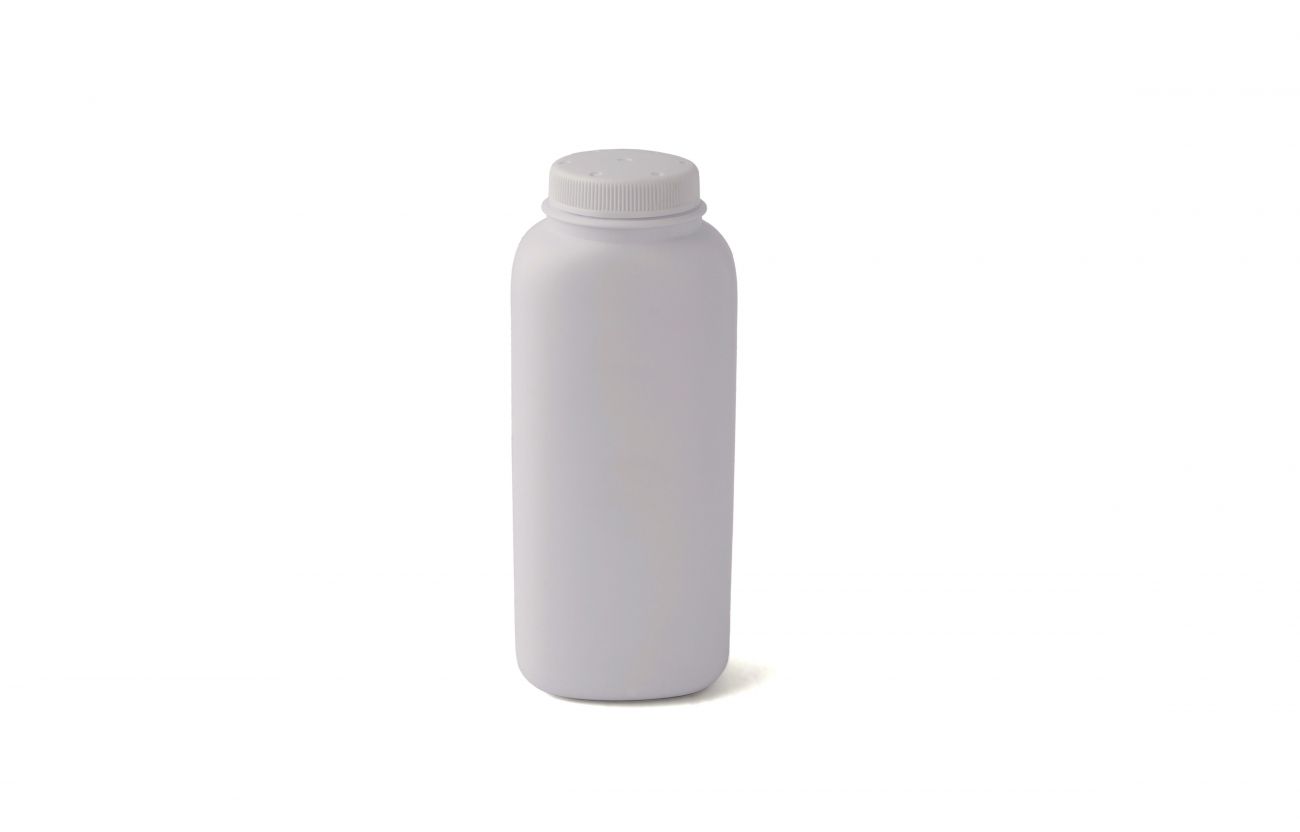We have heard lots of information lately about talcum powder use and the risk of ovarian cancer. In the news, we hear about women who used talcum powder and developed ovarian cancer being awarded hundreds of millions of dollars from manufacturers of talcum-containing baby powder. During commercial breaks, we see lawyer after lawyer looking for ovarian cancer patients who used the product so they can represent them in a lawsuit. All that sounds pretty scary and might leave the impression that there is a strong link between talc use and ovarian cancer.
Let’s step back and look at the facts.
First of all, what is talcum powder?
Talcum powder is made from talc, a mineral made up mainly of the elements magnesium, silicon and oxygen. Because it is a powder, it absorbs moisture and helps prevent friction, making it useful for keeping skin dry and helping to prevent rashes. It is widely used in cosmetic products, such as baby powder. Before the 1970s, talcum powder contained asbestos, which we know is linked to lung cancer and mesothelioma.
So what is the connection between talcum powder and ovarian cancer?
Many studies have looked into this. The first study that showed that women who used talcum powder in their genital area were at greater risk of ovarian cancer was published in the 1980s. Over the past 30 years, most, but not all, studies also showed the same findings.
The good news is that the increased risk associated with talcum powder use is modest. For instance, having a mother or sister with ovarian cancer increases a woman’s risk by 200 to 300 percent, but talcum powder use is only associated with a 20 to 30 percent increase in risk.
If the risk of developing ovarian cancer from talcum powder use is only modest, why were women in the lawsuits awarded hundreds of millions of dollars?
The lawyers of the ovarian cancer patients have made the argument that the baby powder manufacturers should have put a warning label on the powder bottles. That way, women would have had the opportunity to avoid an exposure that might increase their risk of ovarian cancer.
Will women who used talcum powder in the past develop ovarian cancer?
Most likely not, because it is a modest risk factor and the studies have shown only that talcum powder is associated with risk, rather than causing ovarian cancer. Since most ovarian cancer scientists consider talcum powder use an established, albeit modest, risk factor, it’s probably a good idea to discontinue use if you still use it. Also, if current and past talcum powder users are worried about their ovarian cancer risk, they may want to talk to their gynecologists about this and learn about early symptoms of this disease. For parents worried about the effects of talcum powder on their child, there are no studies that have looked at talcum powder exposure as a baby and ovarian cancer risk in adulthood.
